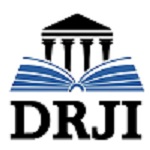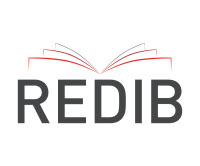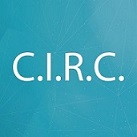MEDIA DISCOURSE, NEONAZISM AND POPULISM:
DOI:
https://doi.org/10.21680/1517-7874.2023v25n1ID30842Abstract
This research reflects how the neo-Nazi organization União Nacional Sulista (UNS – henceforth), founded by gauchos in 2019, communicates. form, content and field of activity. In response to populist manifestations of authoritarianism, the values established by the III National Human Rights Program (PNDH-3 – henceforth) assumed as an ethical act are claimed. The theoretical framework receives contributions from Bakhtin (2015, 2016), Medviédev (2016) and Volóchinov (2018, 2019a, 2019b, 2019c) with regard to the conception of language/language, utterance and discourse. There is also the subsidy of reflections concerning the populist political discourse of Charaudeau (2006, 2016) and the Internet as digital media of Lévy (2010, 2011). For the methodological procedures, there was this planning: i) characterize and select the organization; ii) observe and record discursive interactions; iii) outline research questions; iv) understand, analyze and interpret, dialogically, the utterances from the perspective of the discursive genre; v) write and present the final results. Four photomontages were collected from the UNS Telegram channel. The conclusion allows reaching the understanding that the signaled discursive genre hybridizes, graphically and discursively, images with the purpose of producing meanings in the organization's communication when intending to persuade the audience-interlocutor as a strategy for recruiting new members. Thus, in this populist discourse, allies and opponents respond, dialectically dialoguing with the South is Meu País, Brazilian Integralist Front (FIB – henceforth), Ku Klux Klan, Azov, Kekistan, Nordic Resistance Movement and Confederate.
Downloads
Downloads
Published
How to Cite
Issue
Section
License
Copyright (c) 2023 Revista do GELNE

This work is licensed under a Creative Commons Attribution-NonCommercial-ShareAlike 4.0 International License.

Este trabalho foi licenciado com uma Licença Creative Commons - Atribuição - NãoComercial - CompartilhaIgual 3.0 Não Adaptada.

 Português (Brasil)
Português (Brasil) English
English Español (España)
Español (España)









.jpg)




